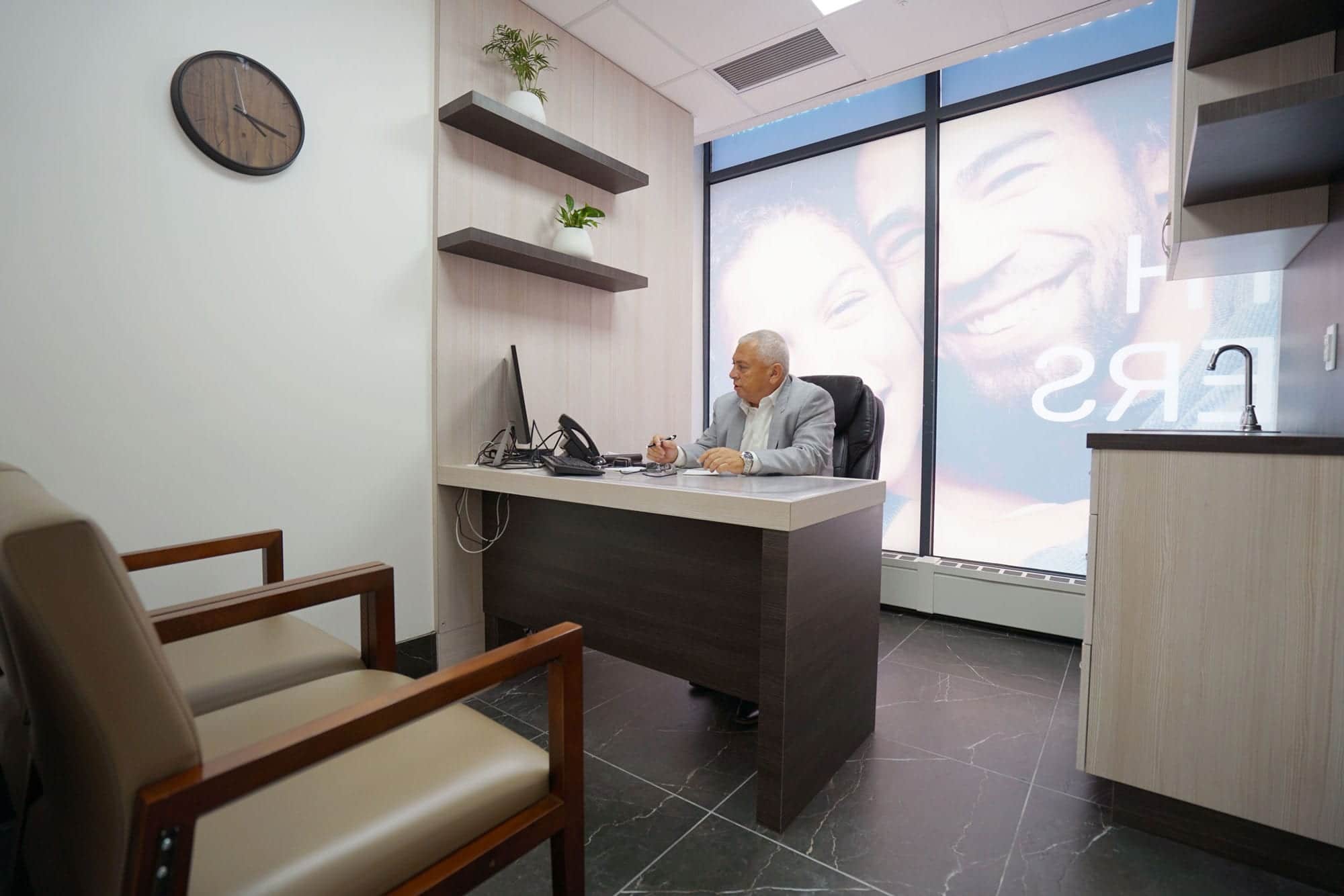Learning disabilities therapy is a process that helps people with underlying emotional conditions and/or cognitive disorders cope with their learning situation.
Learning disabilities are a group of disorders that affect the way the brain processes information. Not with a person’s intelligence but with how they interpret outside stimulus. It is not entirely clear what causes these problems, but any of the following factors might be detrimental, genetics or illness, injury, or environmental factors. The most common learning disability is dyslexia.
The main goal of these therapeutic platforms is to help those with these disabilities to learn how to read and write.
Therapy For Learning Disabilities
Some of the most common learning disabilities can be treated through therapy. There’s a way to manage these issues and with it surpass some of the emotional symptoms such as poor self-image, depression, anxiety and frustration associated with learning disabilities. Today, more than 4 million children and teenagers experience one form of learning disability. Coping with those challenges can be difficult but not impossible thanks to various therapeutic approaches.
Schedule an AppointmentPurpose of Learning Disabilities Therapy

Types of Learning Disabilities

Dyslexia
Dyslexia is a learning disorder that affects reading and writing. People with dyslexia may have difficulty understanding written words, letters, or numbers. They may also reverse letters or numbers when they read or spell. Dyslexia is one of the most common learning disabilities that affects people of all ages and backgrounds.

Dysgraphia
Dysgraphia is a neurological disorder that affects the ability to write. The symptoms can vary from person to person and include problems with motor skills, such as controlling hand movements and using fine motor skills. Dysgraphia is a neurological disorder that affects the ability to write. The symptoms can vary from person to person and include problems with motor skills, such as controlling hand movements and using fine motor tools.

Dyscalculia
Dyscalculia is a condition in which a person has difficulty understanding numbers and their relations. It is typically characterized by difficulties with simple arithmetic, such as counting, addition, and subtraction. The person may also have difficulty with more complex calculations or conceptualizing spatial relationships. Some people are born with dyscalculia while others develop it due to various factors like brain injury or stroke.

Other Types of Learning Disorders
Aside from the 3 most common learning disabilities, a person can also find themselves afflicted by:
Auditory processing disorder.
Language processing disorder.
Nonverbal learning disabilities.
Visual motor deficit.
They are also often the reason for referring to a psychotherapist.
Your Local Psychiatrist NYC advantages and experience in psychological therapy for learning disabilities
Your Local Psychiatrist main goal is to help you achieve your desired mental health. We focus on convenience, practicality, and results – achieving continued satisfaction, and helping our trusted patients reach their objectives. Optimal care that is highlighted by our attention to detail, skilled and compassionate professionals, and our cutting-edge tools and technology.
- Board Certified and highly experienced providers
- Individual approach to patients
- Easy-to-access online psychiatry and psychotherapy services
- Electronic prescriptions
- Portal access to your providers and appointments

Patient reviews
Therapies for Learning Disabilities - Methodology
Learning disabilities are a group of disorders that affect the brain’s ability to receive, process, store and respond to information. Learning disabilities are not mental illnesses, but rather neurological disorders. There are a number of different types of therapy that are used to treat these disabilities. The most common types are speech, occupational, and physical therapy.
Speech therapists work with people who have difficulty pronouncing words or have trouble speaking at all, as well as those who stutter or have lisps. Occupational therapists work with children who have difficulty grasping objects, such as pencils, pens, scissors, and other items that require fine motor skills. Physical therapy can be helpful for children who experience difficulty sitting still or focusing on tasks for long periods of time because it provides them with an outlet to release pent-up energy and frustrations through physical activity such as running around and jumping on trampolines.


FAQs about learning disabilities therapy
Can learning disabilities be overcome by treatment?
The answer to this question is a resounding yes! Learning disabilities can be overcome by treatment. The key is to find the right treatment for the individual.
How are learning disabilities diagnosed?
Learning disabilities are diagnosed by a doctor, psychologist, or other qualified professional. The diagnosis process can be time-consuming and difficult. The first step of the diagnosis process is to identify the symptoms that could indicate a learning disability. These symptoms can include: difficulty with reading comprehension, difficulty with math skills, and trouble with writing skills. After identifying these symptoms, the doctor will need to assess how severe these difficulties are for the individual in comparison to their peers.
Can learning disability therapy be done online?
Online learning disability therapy is a new way to help people with learning disabilities. It’s an innovative way to overcome the challenges that people with learning disabilities face when it comes to getting counseling. Online therapy can be done through video chat, text chat, or email. This makes it easier for them to get counseling from someone who understands their specific needs and can help them in a timely manner.
How long does it take to achieve results from learning disability therapy?
The process of therapy is usually long and difficult. It can take weeks or even months before there are any noticeable changes. While it’s difficult to give an exact timeframe for how long it will take to achieve results, we can say that the average person has seen improvements in their condition after about 10-15 sessions.
